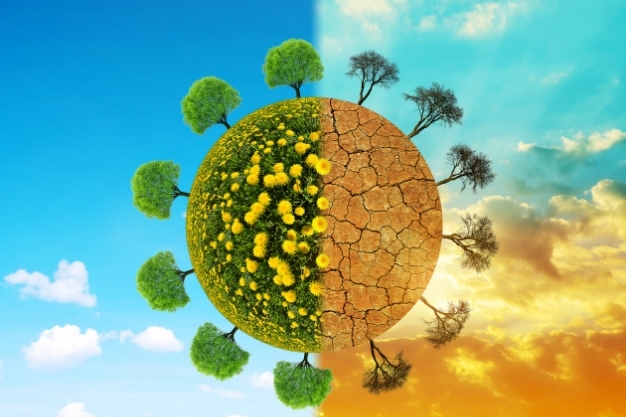Since the mid-20th century, Earth has gone through some drastic climate change on a global level. The following article talks about the change and its impact on the Earth.
Global warming has become an issue since we have stepped towards urbanization and the industrial revolution. Ice glaciers are melting, the water level is jumping up, heat intensity is increasing, wildlife is shifting, etc., because of the rise in temperature because of greenhouse gases. It leads to a significant change in Earth’s local, regional, and global weather patterns.
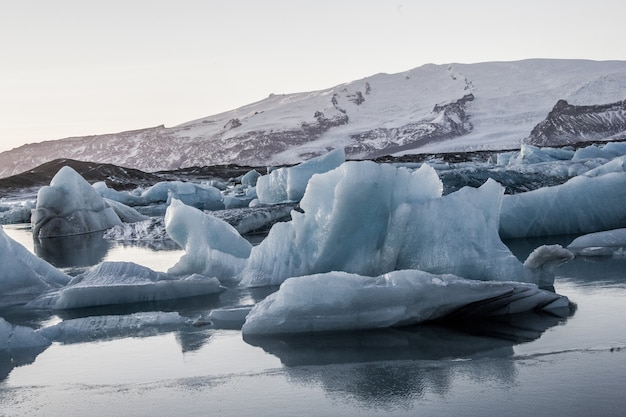
Scientists have also said that these effects will get more momentum in the coming decades, depending upon the production of gases. Some of the changes expected to be seen in the long term are:
- More heatwaves and drought
- Fluctuated precipitation
- Sea level will rise more
- The temperature will keep rising
- Hurricanes will be more intense, etc.
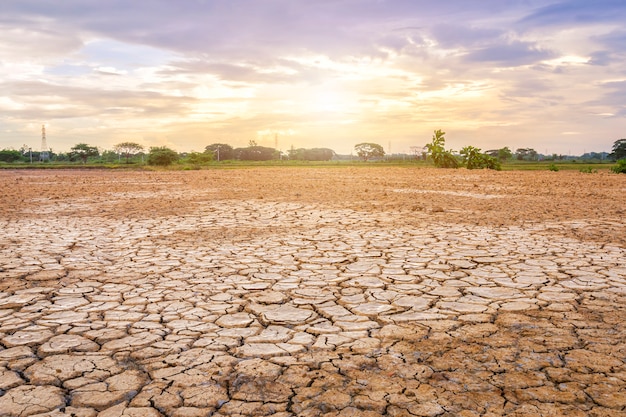
Impact of Climatic Changes
- On Humans
The risk of climatic changes hovers more on disadvantaged people of developed and developing countries. The risk of an injury due to calamities, malnutrition due to crop failure, and infectious diseases like dengue, malaria due to heatwaves are pretty high.
Economic damage due to global warming is severe. It is the main reason for increasing inequalities worldwide. As per the World Bank, more than 120 million people will be driven into poverty by 2030.
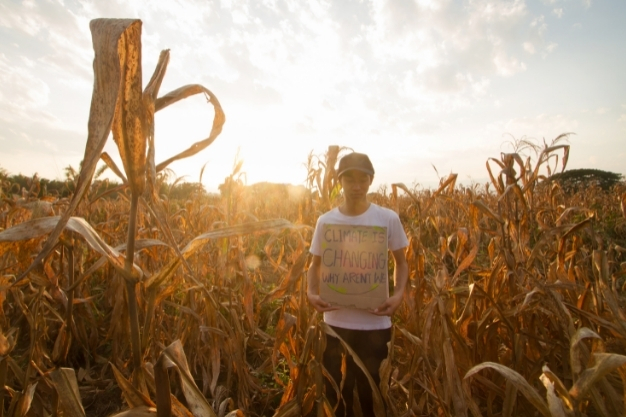
- On Nature and wildlife
The rising temperature is making the terrestrial habitat shifting poleward. Heatwaves and droughts are lowering ecological productivity in some regions. The coastal ecosystem is in danger seeing the rapid disappearance of wetlands. These have been seen to cause severe damage to sea creatures like corals, seabirds, etc.
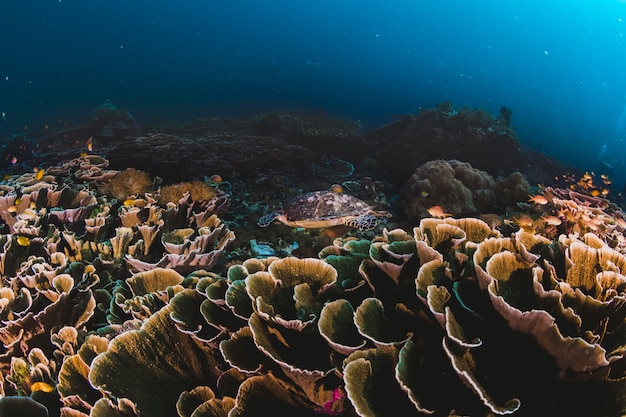
- On Physical environment
Increasing global warming has led to the defrosting of Arctic sea ice leading to severe changes in ocean chemistry. The monsoon period in India and East Asia is fluctuating with either wet or dry events. The oxygen level is also decreasing as it is less soluble in warm water due to higher temperatures and carbon dioxide.
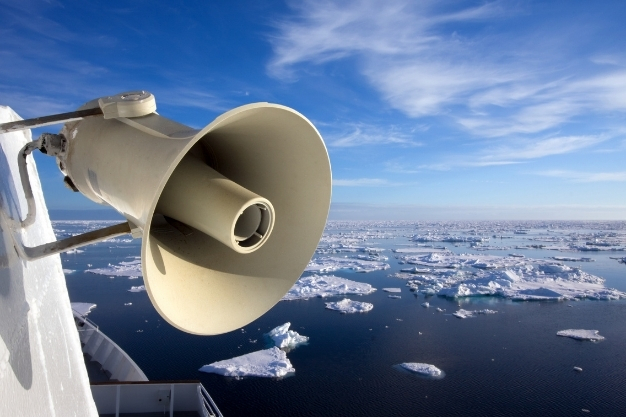
How to adapt to changes and lighten the impact?
Effects of climatic changes can be mitigated if the greenhouse gas emission is reduced and the gas absorption sinks are improved. A significant impact on reducing emissions can be made through the use of renewable energy strategies. These strategies include:
- Clean Energy
- Efficient use of energy
- Sustainable agriculture
- Carbon dioxide capture and removal, etc.
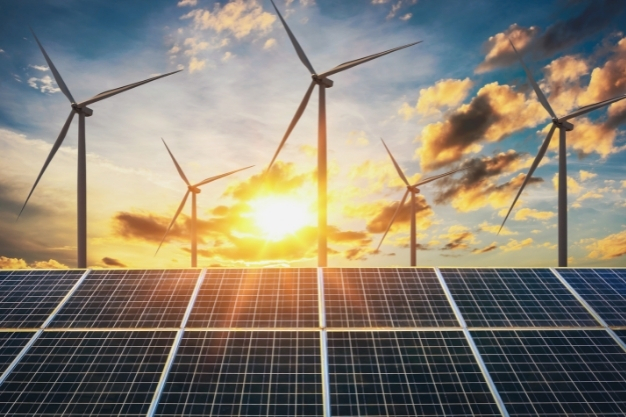
Along with mitigation, adapting to the surroundings is equally essential to dodge the severe and irreversible impacts. It includes sustainable diet, diversification, insurance, etc. But due to the uneven distribution of income, it might be expensive for people with lower income.
Start to voice your support towards these issues. Even though we can’t control them on a large scale, your little effort can inspire others to adapt to the changes and live sustainable lives.











